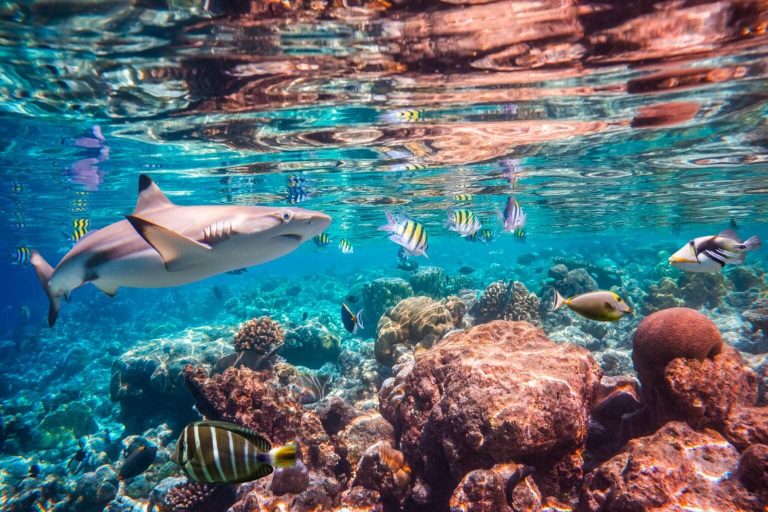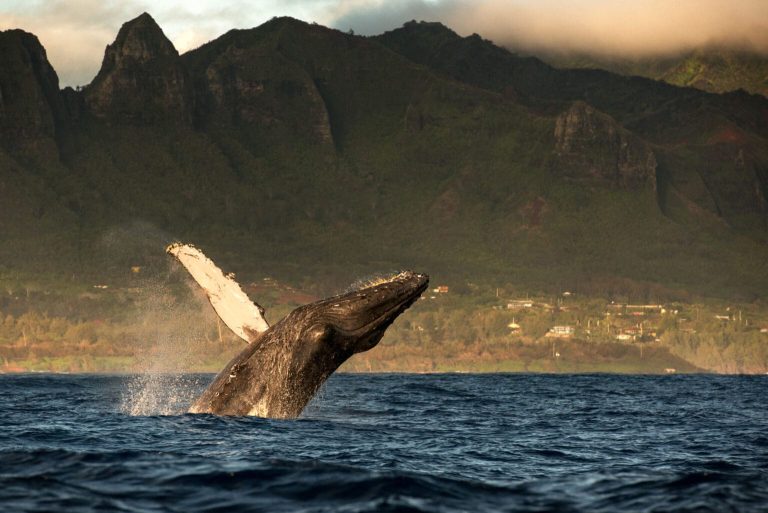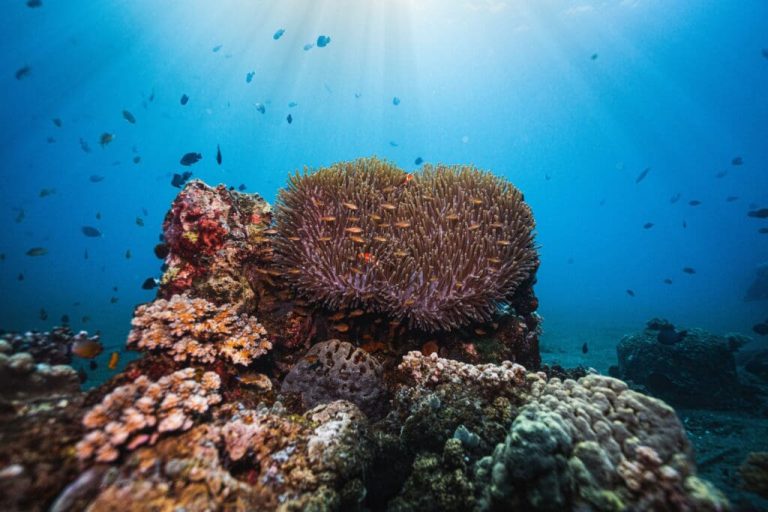High Educational Value
Nationally recognized educational quality at an affordable price.
*Source: O*Net/U.S. Bureau of Labor Statistics. Unity Environmental University cannot guarantee employment. Salary data represents averaged earnings for the occupations listed and includes workers at all levels of education and experience.

This course explores marine ecosystem interactions, emphasizing temporal and spatial scales. Topics include coastal and pelagic environments, ocean circulation, global oscillation patterns, plankton distribution, and climate change. You will review scientific literature and design a research project on ecosystem dynamics and marine conservation.

This course explores marine mammals’ identification, evolution, anatomy, behavior, and ecology. It covers sampling techniques, data impacts, threats, and solutions for their survival, with a focus on their unique features and evolutionary history.

This course covers coral biology, growth, reproduction, and reef formation. You will identify coral types, examine threats like bleaching and ocean acidification, and learn management and restoration strategies.

Marine Conservation Biology is a multidisciplinary field that focuses on understanding and preserving marine ecosystems. It addresses the critical issue of marine ecosystem degradation caused by overfishing, pollution, habitat destruction, and climate change, which threaten marine biodiversity. Students in this field gain skills to develop and implement effective conservation strategies, contributing to the sustainable management of marine ecosystems.
The MS in Marine Conservation Biology from Unity equips you with advanced research skills, interdisciplinary knowledge, and practical experience in marine conservation. You’ll analyze complex marine ecosystems, develop innovative conservation solutions, and communicate scientific findings effectively. This program covers diverse topics, including the biology of corals, life history of marine mammals, and conservation of marine predators.
The Master of Science in Marine Conservation Biology program offers an exploration of marine ecosystems, focusing on the biology, behavior, and interactions of marine organisms. You will develop research and critical analysis skills and apply advanced scientific methods to address key issues in marine conservation and ecology. Unity is the recognized leader in sustainability degrees. Here you will master the fundamentals of research, including advanced methods, experimental design, and data analysis. The Marine Conservation graduate program provides essential tools and knowledge to excel in academia, research institutions, and environmental organizations, setting a strong foundation for their future scientific endeavors.
Your online education should be affordable and manageable. Thanks to our promise to keep tuition flat through 2030, you won’t be burdened with unexpected increases or fees.
Our team of distance education concierges will work with you through the admissions process to help you plan and pay for your degree. Learn more about the costs here.
The timeframe for completion is up to you! Enroll in 6 credits per term and complete the program within just one year. Alternatively, opt for part-time study by taking one course at a time. Whichever path you choose, we’re here to support your educational journey every step of the way. Contact your concierge or advisor to create your personalized plan.
Research Core: 15 credits
Major Program Core: 15 credits
For course requirements and a better look into your program, view our full course catalog. Then apply online for free to get started.
The Master of Professional Science (MPS) is a graduate degree designed to combine scientific knowledge with practical skills relevant to the workforce. Unlike traditional science degrees, the MPS emphasizes hands-on experience and professional development, preparing students for careers that require both expertise in science and the ability to apply that knowledge in real-world contexts. MPS programs focus on a range of skills that are directly applicable to the workplace:
The MS degree is a traditional graduate program focused on deepening scientific understanding through research and academic study.
The marine conservation biology degree requires 30 credits with a minimum 3.0 GPA. View our full course catalog for a better look into your program. Then apply online for free to get started.
Nationally recognized educational quality at an affordable price.
Committed to sustainable practices to prepare for a future of environmental awareness.
Dedicated to turning career and academic aspirations into tangible achievements.
Fast-track your Master’s degree and finish your program in as little as one year.
Connect with experts who share your passion for working in the industry.
Ranked #1 independent university in the U.S. by the Social Mobility Index.
With up to 5 terms a year, you can take a break without jeopardizing financial aid.
Balance life, work, and education by studying when and where you want